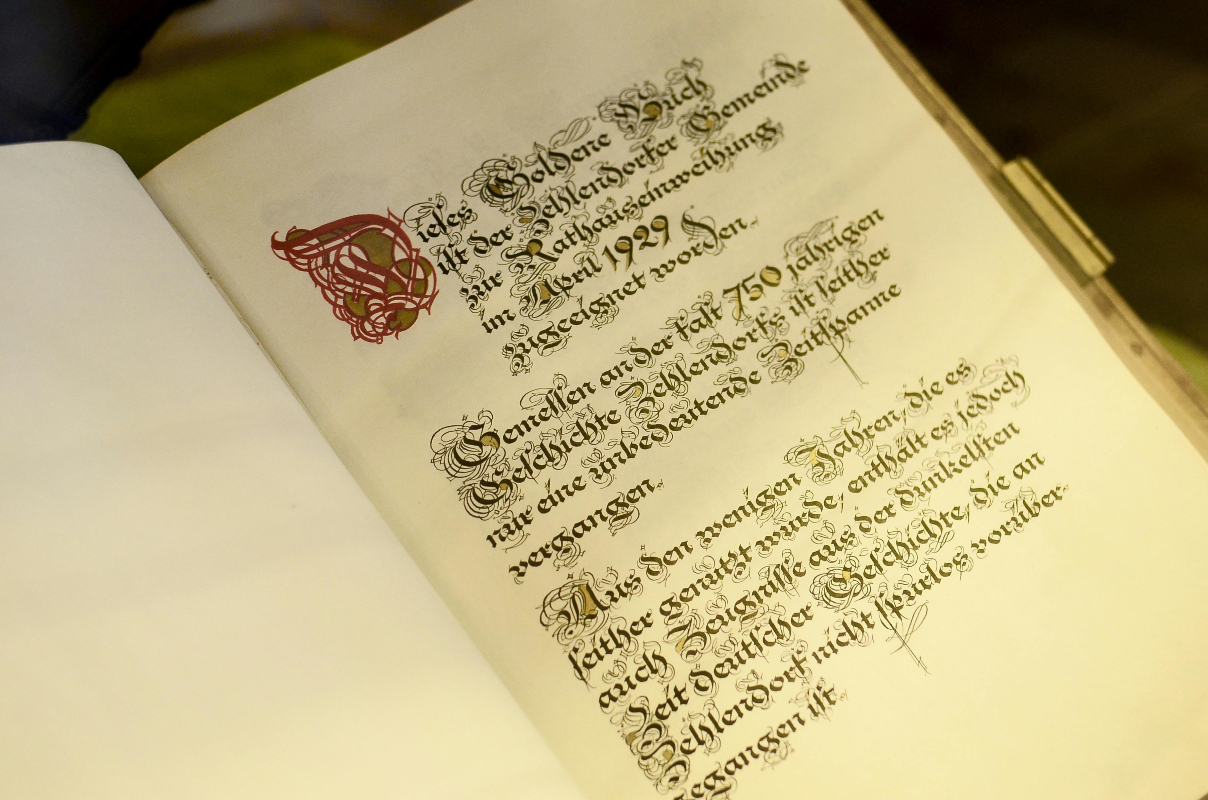The first emperor of China, Qin Shi Huang, was buried in a tomb that has been sealed for 2,200 years, and archaeologists are dreading having to uncover it.
A terracotta army of soldiers and horses guards the tomb of Qin Shu Huang, who ruled from 221 BC to 210 BC. In the Chinese province of Shaanxi, farmers made the finding in 1974.
Despite the area's exploration by archaeologists, the tomb itself has never been excavated, and for good reason.
Not only do archaeologists think it will harm the site, but there are rumors of deadly booby traps that might kill interested visitors, according to IFL Science.
Sima Qian, a Chinese historian, said that "palaces and picturesque towers for a hundred officials were constructed and the tomb was full of rare artifacts and wonderful treasure," 100 years after Qin Shu Huang's passing.
Craftsmen were instructed to create crossbows and arrows that were ready to fire at anyone who entered the tomb, he added. Mercury was utilized to mechanically replicate the movement of the Great Sea, the Yangtze, and the Hundred Rivers.
There are still worries of liquid mercury leaking through the cracks, even though those claimed crossbows were unsuccessful thousands of years later.
One 2020 research argues that "highly volatile mercury may be escaping through cracks, which developed in the structure over time, and our investigation supports ancient chronicle records on the tomb, which is believed never to have been opened/looted," according to the journal.
Non-invasive methods to access the tomb have apparently been considered by scientists, but little progress has been made in this direction.







